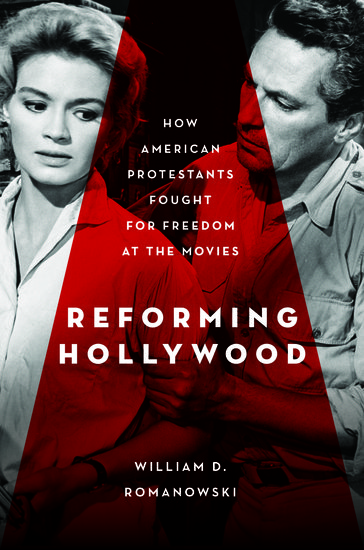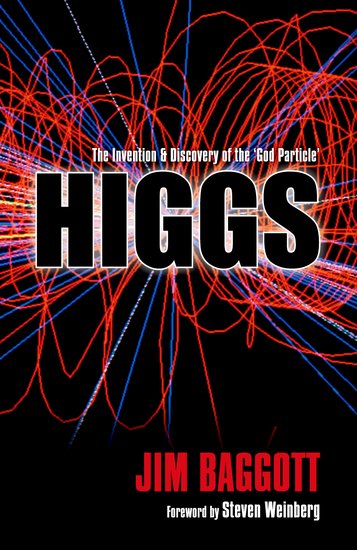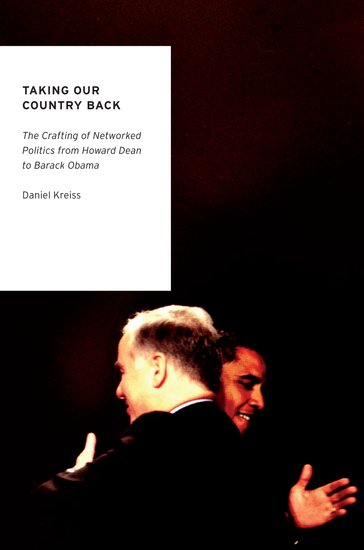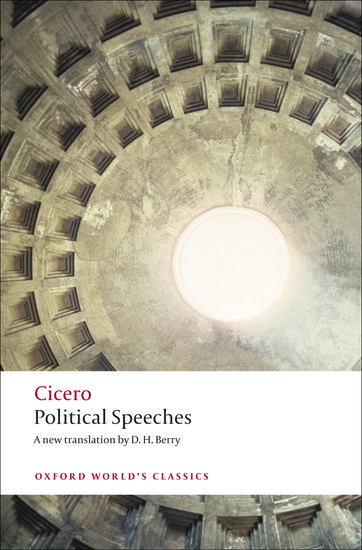Osama and Obama
By Andrew J. Polsky
No Easy Day, the new book by a member of the SEAL team that killed Osama bin Laden on 30 April 2011, has attracted widespread comment, most of it focused on whether bin Laden posed a threat at the time he was gunned down. Another theme in the account by Mark Owen (a pseudonym) is how the team members openly weighed the political ramifications of their actions.









